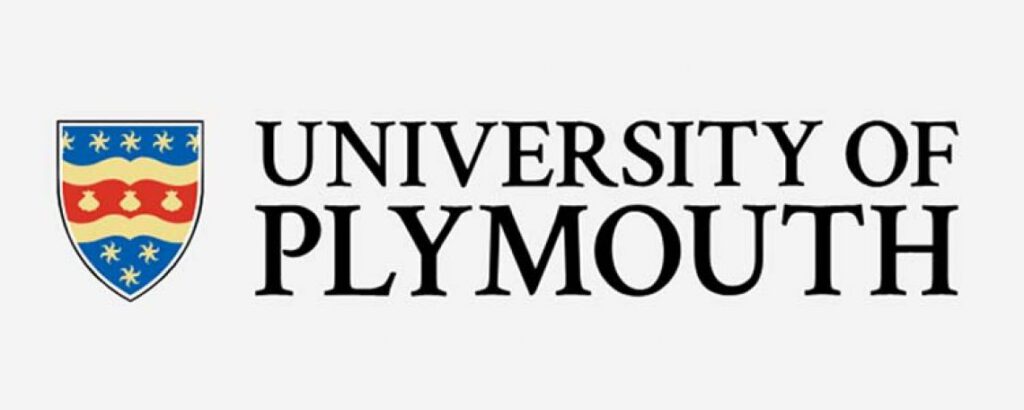Pre-election survey reveals young people’s opinions #GE19

Young people believe government and businesses have the biggest roles to play when it comes to tackling the climate and nature emergencies facing the planet.
However, only around half of them are hopeful that people in the UK can help find a solution to these emergencies, according to a new survey by Geographers for Life.
Just over half are also confident that the loss of species on Earth can be stopped.
The survey was conducted as a two-week flash poll to find out what young people aged seven and above, reflecting primary, secondary, and higher education, really think about the climate and nature emergencies ahead of the 2019 General Election.
The poll sought to learn how these emergencies make young people feel, how hopeful they are that the problems can be fixed, and who they believe holds the most responsibility for tackling the causes and impacts of climate and ecological change.
By December 9, there had been more than 1750 responses from young people across the UK, with respondents from Inverness in the north to Cornwall in the south.
The key findings were:
- The majority of young people believe that government (46.9%) and industry (25.2%) have the biggest responsibility for tackling the climate and nature emergencies.
- 62% of respondents felt that businesses are not doing enough, and 71% felt that the UK Government are not doing enough to tackle the climate and nature emergencies.
- Just over half are either very hopeful (14.6%) or hopeful (37.6%) that people in the UK can help find a solution.
- Just over half (51.7%) say they feel it is possible to stop the loss of species on Earth.
- 38% felt they were individually doing enough to tackle the climate and nature emergencies.
Geographers for Life is made up of researchers from the University of Plymouth, University of Leeds and Canterbury Christ Church University as well as school teachers, geographers and explorers.
Dr Caroline Clason is a Lecturer in Physical Geography at the University of Plymouth, which itselfdeclared a climate emergency earlier this year. She said:
“Over the past year, thanks to the global climate protests, young people have begun to be listened to far more on the subject of climate change. And it is vital they are heard, since they are inheriting this issue but have a key role to play in solving it now and in the future. Through our survey, we have been able to find out their main areas of concern both individually and as global citizens. On an individual level, there is appreciation we can always do more but the results clearly show where young people feel the main responsibility lies when it comes to tackling this issue.”Also part of the group is Ben King, a teacher at Churston Ferrers Grammar School in Torbay, Devon, and one of the first United Nations-accredited Climate Change Teachers. He added:











Responses